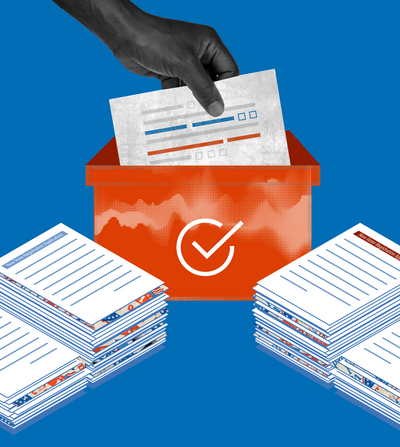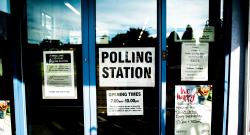
Image

Press release/statement
August 10, 2023
We are changing the conversation around our democracy and economy by telling influential new stories about our country and its people. Get our latest blog and media updates here. For more in-depth explorations and analyses, visit our Resources page.
Featured
Image

Image

Press release/statement
Featured
Image



